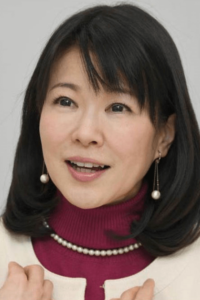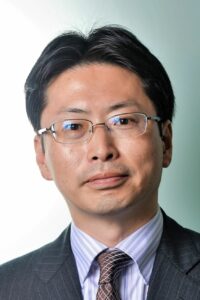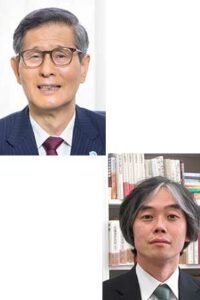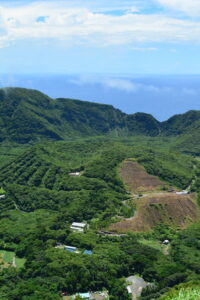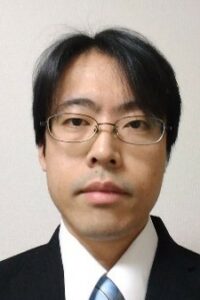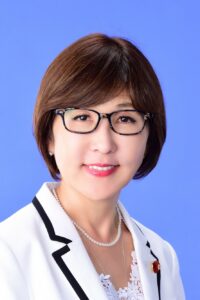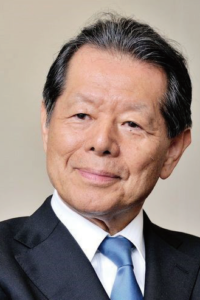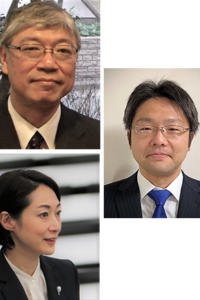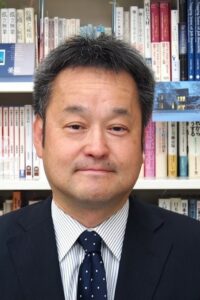
Sakaiya Shiro, Professor, Faculty of Law and Graduate Schools for Law and Politics, University of Tokyo Going beyond “constitutional revision vs constitution protection” When categorizing the two sides of Japanese ideas about the Constitution, the long-lived postwar standard has been kaikenha (constitutional revisionists) or gokenha (constitutional protectors). This categorization almost perfectly corresponds to the ideological right wing and left wing or what was termed “conservatives” and “progressives” in the terminology of postwar politics.[1] It goes without saying that this opposition is about the legitimacy of the “imposed constitution” that was enacted under the strong influence of the Allied Occupation [1945-52] GHQ (General Headquarters of the Allied Forces) and how to appraise its contents (especially Article 9). However, I suspect the constitution views of the Japanese today have a fundamental aspect that needs to be addressed before we talk about the merits and demerits of ... ... [Read more]
